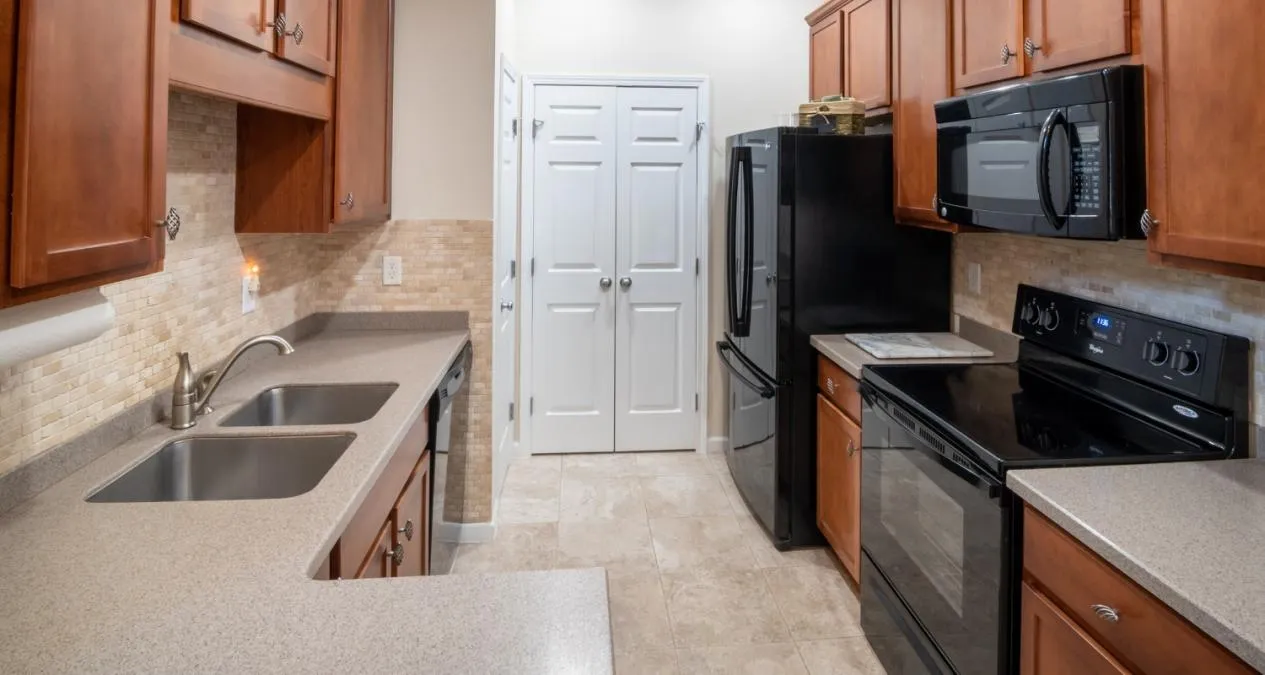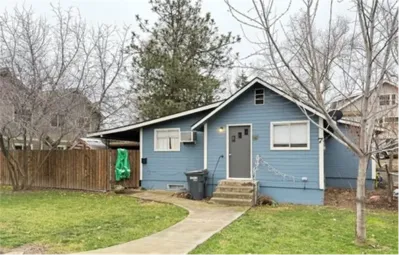Your Guide to the Path of Homeownership: Understanding Rent-to-Own Homes
Navigating the path to homeownership can feel overwhelming, but rent-to-own agreements offer a flexible alternative for those looking to secure their future home. This guide explores how rent-to-own arrangements work and what to consider before making a decision.

Your Guide to Rent-to-Own Homes: A Pathway to Homeownership
For many individuals and families, buying a home can feel like a distant goal due to financial hurdles such as credit score requirements or the need for a large down payment. A rent-to-own agreement provides an alternative pathway to homeownership, allowing potential buyers to live in their desired home while progressively working towards ownership. Understanding how these agreements function and their associated benefits and considerations can help you determine if this approach aligns with your housing goals.
Understanding Rent-to-Own Agreements
A rent-to-own agreement is a contractual arrangement in which a tenant leases a home with the opportunity to purchase it at the end of a defined period. These agreements typically include:
· A predetermined purchase price
· An option fee, which contributes toward the down payment if the tenant decides to buy the property
· A portion of the monthly rent, which may be allocated toward the home’s purchase price, helping the tenant build equity
This type of arrangement offers flexibility, particularly for those who may need time to improve their financial standing or gain mortgage approval. However, it is important to carefully review the terms of the agreement and seek professional guidance to ensure it aligns with long-term financial plans (Consumer Financial Protection Bureau).
Benefits of Rent-to-Own Homes
✅ Secure a property while building financial stabilityFor individuals who need time to improve their credit score or save for a down payment, this approach can serve as a strategic bridge toward homeownership.
✅ Assess the property and neighborhood before purchaseLiving in the home before committing to a purchase allows prospective buyers to better evaluate the property and community.
✅ Potential for price protectionIn many agreements, the purchase price is established at the beginning of the lease term, which can be advantageous in a market where property values rise (U.S. Department of Housing and Urban Development). However, market fluctuations should still be considered to ensure the agreement remains favorable.

Considerations Before Entering a Rent-to-Own Contract
Before committing to a rent-to-own home, thoroughly review the contract details. Key factors to clarify include:
· Lease period duration
· How rental payments contribute to the purchase price
· Responsibilities for maintenance and repairs
Understanding your obligations as a tenant and future homeowner can help prevent unforeseen complications.
Additionally, a professional inspection and property appraisal are recommended to ensure the home’s condition aligns with the agreed price. Working with a real estate professional or legal advisor can provide clarity on the terms and safeguard your interests (Realtor.com).
Exploring Your Homeownership Options
A rent-to-own home can be a viable solution for those transitioning into homeownership while overcoming financial challenges. By understanding these agreements, assessing the benefits and risks, and seeking expert guidance, you can make an informed decision that aligns with your long-term housing goals.
If you’re considering rent-to-own options, exploring available listings in your desired location and consulting professionals can help you navigate this path effectively.
Featured Articles
 Unbelievable Deal: Super Cheap Used RVs for Sale!Are you dreaming of hitting the open road and exploring the great outdoors? Now’s your chance to make that dream a reality without breaking the bank! We’re offering an incredible deal on a selection of used RVs that are perfect for adventurers, families, or anyone looking for a cozy home on wheels.
Unbelievable Deal: Super Cheap Used RVs for Sale!Are you dreaming of hitting the open road and exploring the great outdoors? Now’s your chance to make that dream a reality without breaking the bank! We’re offering an incredible deal on a selection of used RVs that are perfect for adventurers, families, or anyone looking for a cozy home on wheels. Discover Your Home Value Instantly and AccuratelyUnlocking the true value of your home can be a game-changer, whether you’re selling, refinancing, or simply curious. With quick access to accurate estimates, you can make informed decisions that maximize your investment and uncover hidden opportunities.
Discover Your Home Value Instantly and AccuratelyUnlocking the true value of your home can be a game-changer, whether you’re selling, refinancing, or simply curious. With quick access to accurate estimates, you can make informed decisions that maximize your investment and uncover hidden opportunities. Navigate Your Foreclosure Home Search by Room Count: A Step-by-Step GuideDiscover the nuances of foreclosure homes in the US, broken down by the number of rooms, from cozy 1-bedroom retreats to spacious 4-bedroom houses. Explore our comprehensive guide for a clearer understanding of the market and what to expect at each property size.
Navigate Your Foreclosure Home Search by Room Count: A Step-by-Step GuideDiscover the nuances of foreclosure homes in the US, broken down by the number of rooms, from cozy 1-bedroom retreats to spacious 4-bedroom houses. Explore our comprehensive guide for a clearer understanding of the market and what to expect at each property size.